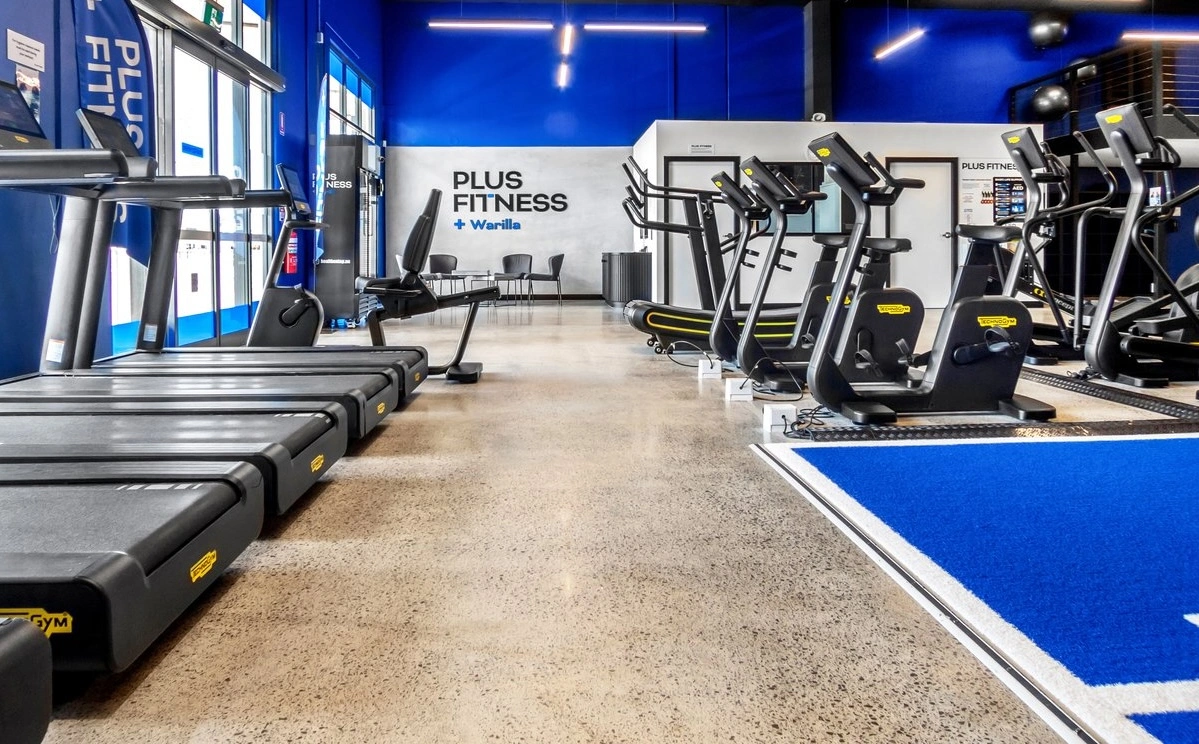Travel
Tips for Enhancing Employee Safety and Security During Business Travel

With recent global events emphasizing the importance of employee safety, companies are increasingly focused on how to protect their staff while they travel for work. From the resurgence of health crises to geopolitical tensions, the need for robust travel safety protocols has never been more critical. This analysis is particularly relevant now as businesses resume international travel post-pandemic, navigating a complex landscape of new risks and responsibilities.
How can businesses effectively manage the safety and security of their employees while they are traveling? This question is paramount for organizations striving to fulfill their duty of employee safety and maintain operational continuity in uncertain times.
Dave Komendat, a safety and security expert with International SOS, provides a comprehensive overview of the key considerations and strategies businesses must adopt to ensure employee safety, making sure their team is well-protected during travel. His insights emphasize the need for situational awareness and preemptive planning.
Key Points
- Responsibility and Preparedness: Employers must ensure their employees are knowledgeable about their travel destinations and have access to support programs. Companies should establish partnerships and processes to assist employees in case of incidents, providing a reasonable level of care.
- Situational Awareness: Understanding the political climate and current events in the destination country and city is crucial. Even stable countries can have volatile regions; employees need to be aware of specific local issues to avoid risky areas.
- Medical Facility Assessment: Evaluating the quality and capabilities of medical facilities in the destination is essential, particularly if the employee has pre-existing medical conditions. This ensures that employees have access to necessary care in case of emergencies.
- Pre-Trip Planning: Companies should develop comprehensive plans tailored to the specific needs of their employees, considering both the general risks of the destination and any individual health concerns.
- Emergency Response: In the event of an emergency, having a clear, actionable plan can make a significant difference in outcomes. Ensuring that employees know how to access assistance and support can help mitigate risks and ensure their safety.
Article written by MarketScale.









